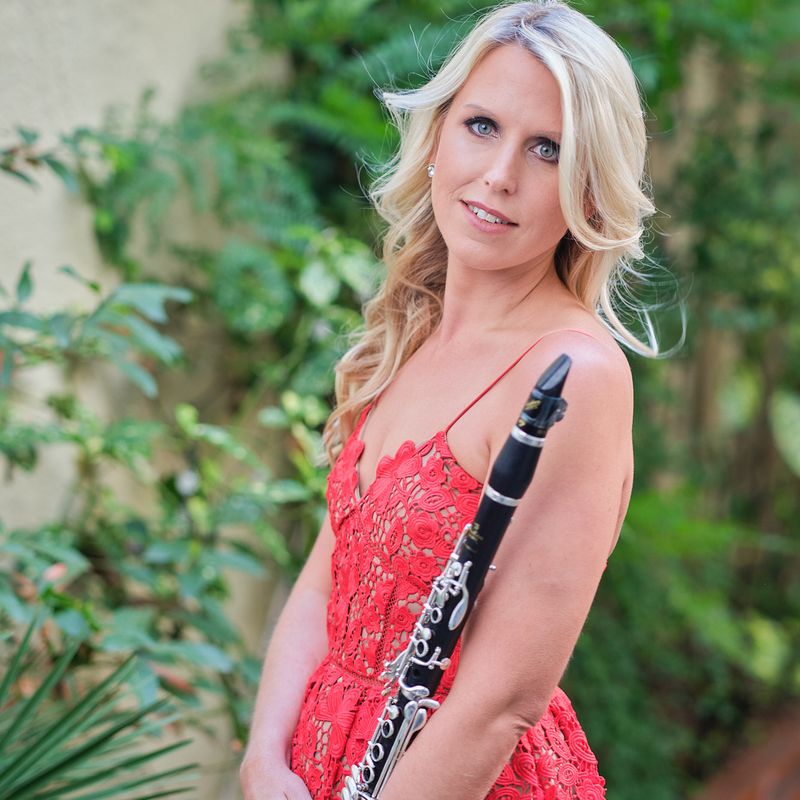

Reimagined Festival
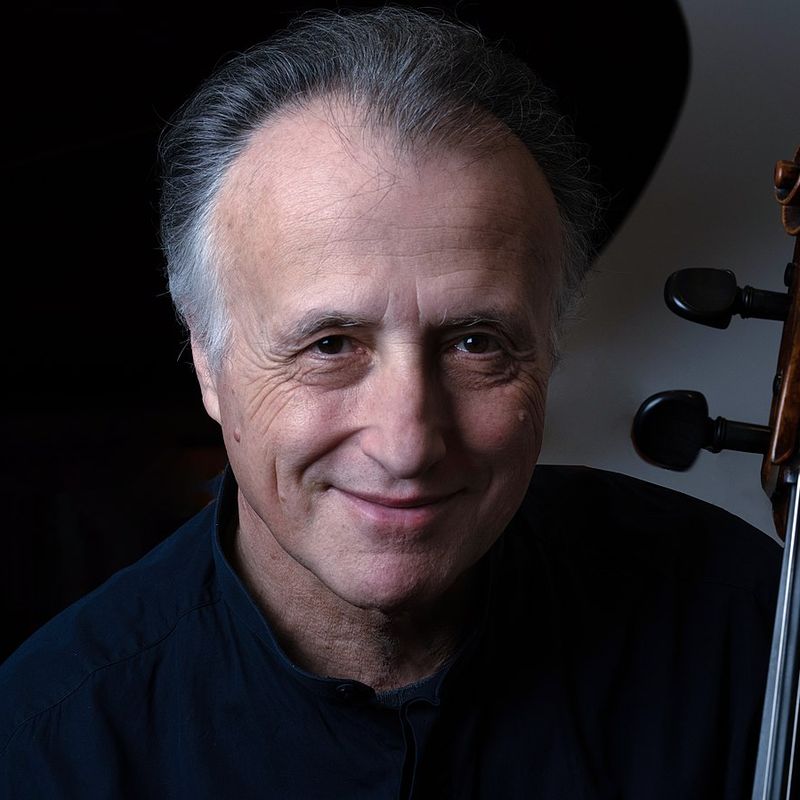
The British cellist Raphael Wallfisch, son of Holocaust survivor and cellist Anita Lasker-Wallfisch, performs with pianist Simon Callaghan in major works by composers of diverse musical backgrounds and approaches who were caught up in the suffering and upheaval of the Second World War.

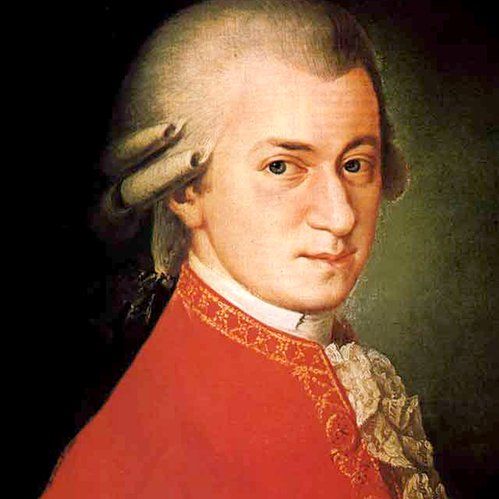
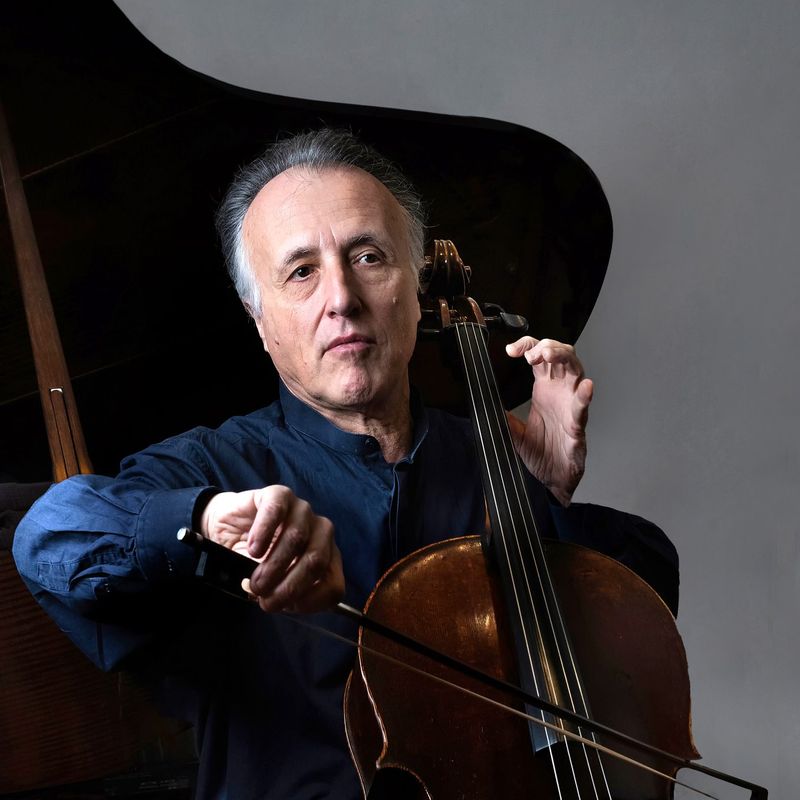
A special programme from cellist Raphael Wallfisch and pianist Dr Simon Callaghan, including Frank Bridge’s Cello Sonata and Britten’s Elegy for Solo Cello.
This evocative programme continues our Britten Weekend reflection on the 80th anniversary of the end of the Second World War and the liberation of concentration camps.
Frank Bridge’s Cello Sonata, composed during the First World War, embodies his deep despair over the futility of war. Contrasting movements span lyrical passages and intense dissonance, mirroring the emotional turmoil of the time. Britten’s Elegy for solo cello, originally written for viola, was composed as a tribute to the memory of Bridge, his teacher.
The programme also includes works by Henriëtte Bosmans and John Ireland, offering a poignant reflection on the impact of war and the enduring power of music to express collective memory and resilience.

A special programme from cellist Raphael Wallfisch and pianist Dr Simon Callaghan, including Frank Bridge’s Cello Sonata and Britten’s Elegy for Solo Cello.
This evocative programme continues our Britten Weekend reflection on the 80th anniversary of the end of the Second World War and the liberation of concentration camps.
Frank Bridge’s Cello Sonata, composed during the First World War, embodies his deep despair over the futility of war. Contrasting movements span lyrical passages and intense dissonance, mirroring the emotional turmoil of the time. Britten’s Elegy for solo cello, originally written for viola, was composed as a tribute to the memory of Bridge, his teacher.
The programme also includes works by Henriëtte Bosmans and John Ireland, offering a poignant reflection on the impact of war and the enduring power of music to express collective memory and resilience.

To mark 80 years since the end of the Second World War and the liberation of Auschwitz, Dr Lucy Walker and Dr Simon Callaghan reflect on art born from atrocity. Join us for a morning of talks, music and reflection to explore musical works created in violent and devastating circumstances, and consider both their context and legacy.
Viktor Ullman's 7th Piano Sonata was composed in August 1944 at the Theresienstadt Concentration Camp, just two months before the composer was murdered at Auschwitz.

The Clements Prize for Composers
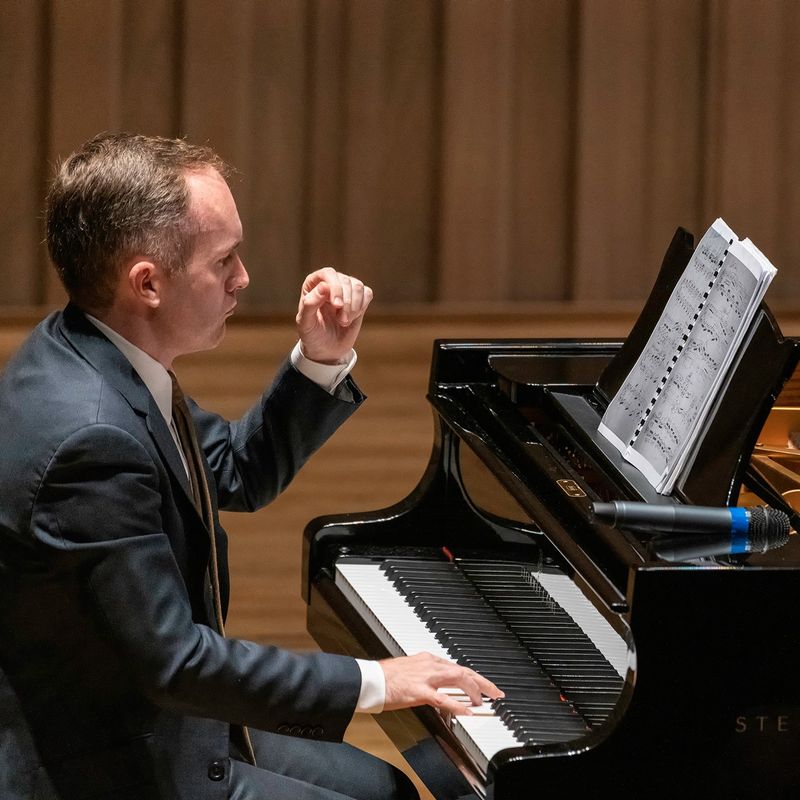
Three solo recitals. Cruise from Costa Rica to Miami, via Aruba & Colombia.

"You shall inherit the truth": The cellist of Auschwitz, Anita Lasker Wallfisch

"You shall inherit the truth": The cellist of Auschwitz, Anita Lasker Wallfisch
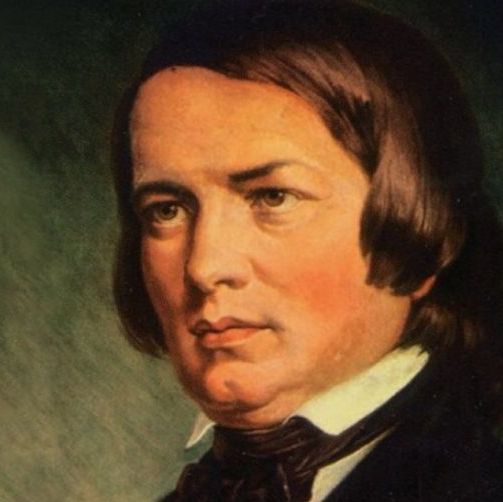
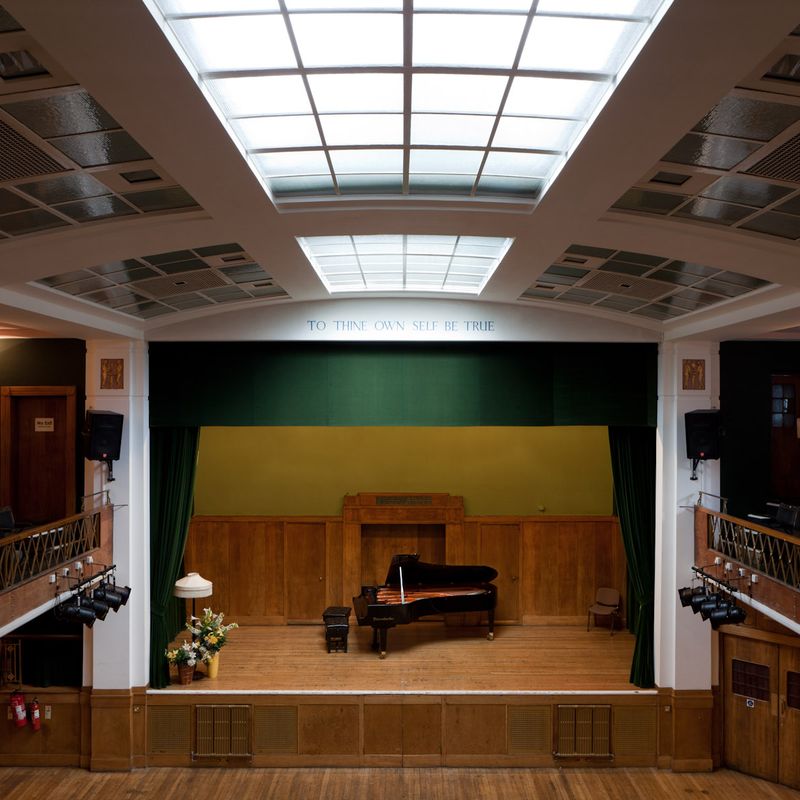
Discover Conway Hall in a series of exclusive tours for Open House London. Artistic Director Simon Callaghan will introduce the sublime acoustics of the Main Hall – home to Europe’s longest-running chamber music series. Discover the Library and Archives with Librarian Olwen Terris, and explore the home of the UK’s most comprehensive humanist archival collection. Along the way, hear some of the stories of the people who have walked its floors, and those who helped to make Conway Hall Ethical Society what it is today.
After your tour, drop in to the Brockway Room to see a pop-up display of material from our archives, including original plans and drawings, tracing the history of the building back to its origins in 1929.

Pre-concert talk by Richard Wigmore at 1.45pm

"You shall inherit the truth": The cellist of Auschwitz, Anita Lasker Wallfisch